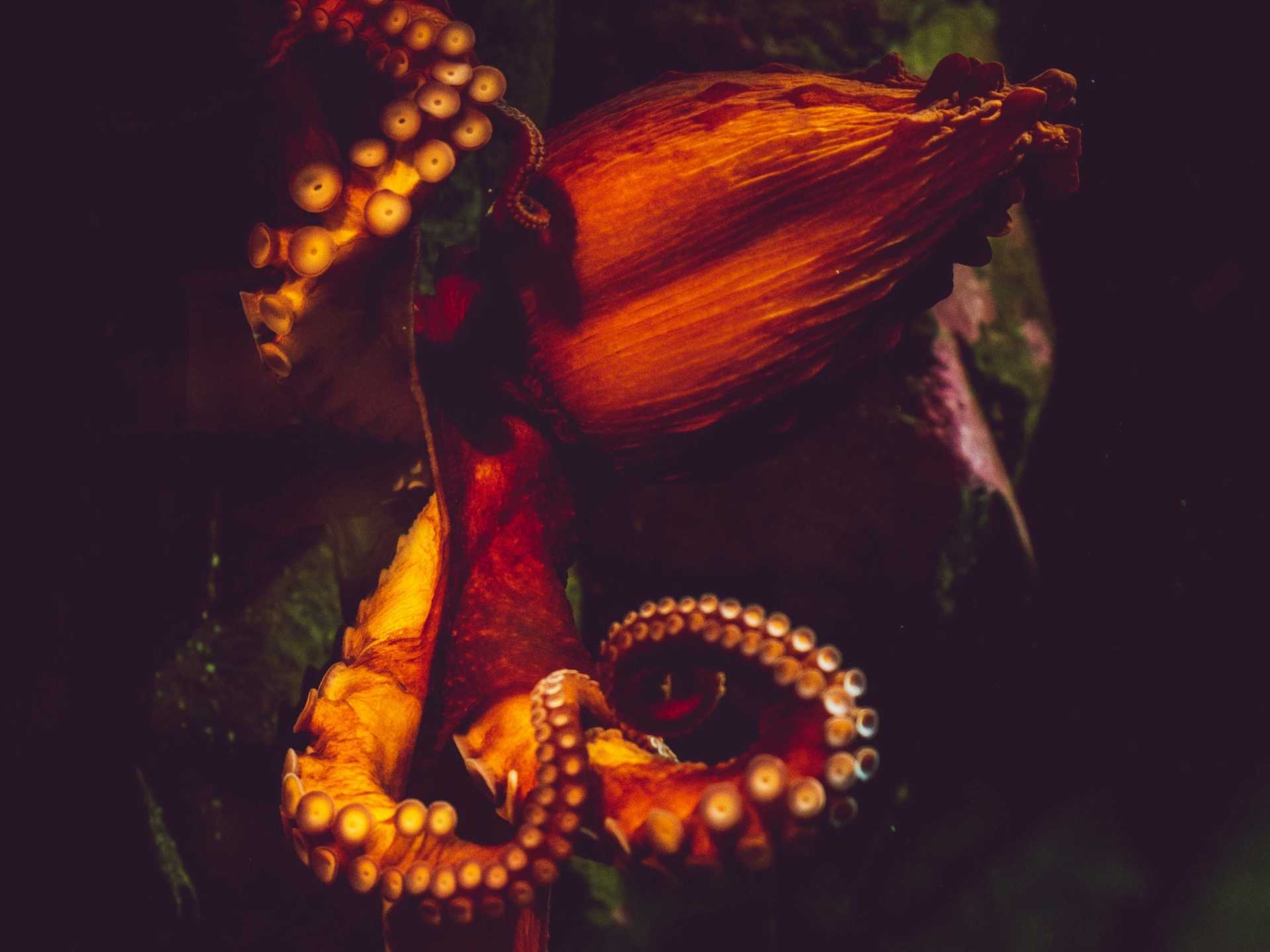Could Be Rap
It was expected he would make an entrance,
but no one foresaw the cloud-reflected
flames in the direction of the station
and all the township's sirens heading there.
"Well, your trains in this country are," said the Brit,
"disappointing ... " Gladys cast
a worried look at the crystal, the china,
the new upholstery, the clematis
gleaming in terrace light. Then he
was here, disturbingly shaking hands.
Asked about his trip, he said
he had behaved well till West Hampton.
The famous smile extended till it menaced
the drapes. Only one
decanter shattered. "Sorry," he fluted,
"you must understand, I'm always sorry."
The hors-d'oeuvres vanished. We asked what
he would read. He said he had in mind
a new thing rather like Handke's breakthrough
drama, Insulting the Audience. "For those who came
in late, as everyone does when I perform,"
he explained who Handke was. Someone's daughter
who had been downstairs now went upstairs
but not before he extended
a tentacle towards her blonde hair. The Brit,
almost unnoticeably, bristled. "I was just worried,"
he later explained, "what might be
done with her DNA."
The reading was as one feared: our
most obvious and sacred secrets
converted one by one to verse;
the slavering lips smacked after each. But
it seemed more a magic trick –
the bird from a scarf, the ace of spades
from behind an ear – and we all applauded.
Then Gladys brought out supper. Lips smacked again
as he polished off the roast, confessing
he wasn't really hungry:
"I'm afraid I ate the city before I left."
About the Author
Frederick Pollack is the author of two book-length narrative poems, The Adventure and Happiness (Story Line Press; the former to be reissued by Red Hen Press), and two collections, A Poverty of Words (Prolific Press, 2015) and Landscape With Mutant (Smokestack Books, United Kingdom, 2018), with many other poems in print and online journals.
